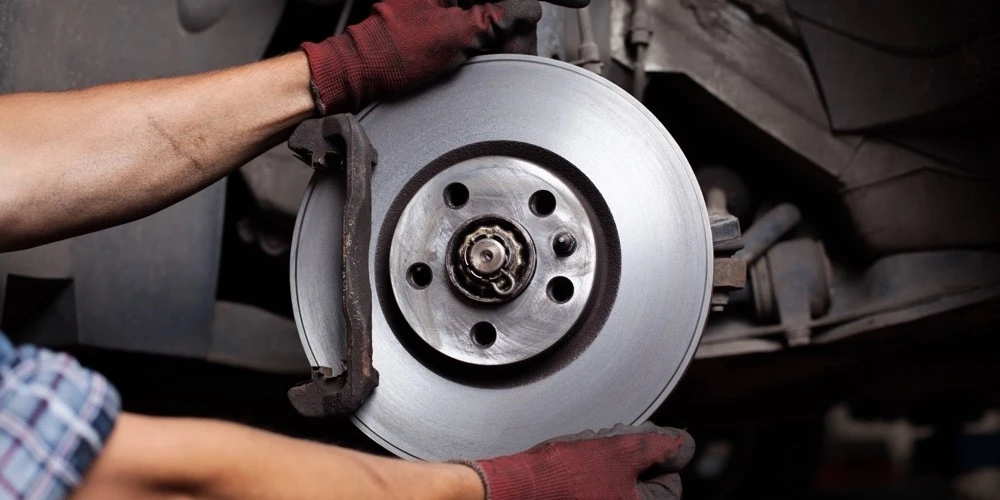If you are unsure about your Volkswagen’s brakes, then you should consider getting them checked out by an experienced mechanic. Having your vehicle serviced by a professional will ensure that your car is safe for you and your passengers, as well as for other drivers on the road. Before you head out on a long drive, be sure to check your brakes for wear and tear.
Rear brake pads tend to wear out more often
It is important to have brake pads replaced on a regular basis. Brake pads are a key part of stopping a vehicle and are one of the most worn components of a car. Having a worn set of brake pads could cause damage to the wheels and other parts of your car.
There are many reasons that brake pads wear out. Some are out of your control, while others are controlled by your driving habits. The type of drive you are doing and the surrounding environment can also impact the life of your pads.
A light in your dashboard is often a good indicator of a problem with your brakes. If the light illuminates, it is a good idea to take the vehicle to a qualified mechanic to get it checked out.
Oily residue on brake rotor face
You can replace VW brake pads and rotors to keep your car running smoothly. However, it is important to get the rotors and pads bedded in properly. If not, you will have poor braking performance.
The first step in the process is to remove the brake rotor from the wheel hub. This is done using an impact screwdriver or a C-clamp. Be sure to remove any old brake fluid, which could cause leaks in the system.
Next, you should clean the brake rotor with a brake parts cleaner. A wire brush is also helpful to remove any debris.
Finally, you should check the brakes for signs of wear and tear. If you see any damage, you may have to replace the brakes. It is also recommended to check the brake fluid, master cylinder, and hoses.
Observing driving habits and conditions
While you are at work in the office sipping on a gin and tonic, a quick perusal of your favorite car or truck service center’s e-commerce site may be in order. It is in this context that you need to know the names of the aforementioned representatives to ensure that a proper match is made. The mainstays customer service center is not only well staffed but courteously friendly as well. To top it off, the service centers are open 24 hours a day, 7 days a week. Moreover, the mainstays customer service center is well stocked with well trained technicians in all departments.
Choosing between organic vs ceramic vs metallic brakes
When choosing between organic vs ceramic vs metallic brakes for Volkswagen, it’s important to understand the advantages and disadvantages of each type. It’s also important to consider your vehicle’s needs. For example, your daily commute to work or running a heavy trailer may call for a different kind of brake pad than a speedy racetrack or highway trip.
Ceramic brake pads are made from ceramic materials and are the hardest brake pad material. They’re also more durable, quieter, and less likely to fade. This combination makes them a great choice for high performance vehicles.
The downside of ceramic pads is that they’re usually more expensive than metallic ones. However, the extra money you spend could pay off. Also, ceramic brake pads are known to last longer.
Checking brake hoses after a test drive
A brake hose is an important component of your vehicle’s braking system. If it becomes damaged or weakened, it can cause serious problems to your entire system.
Rubber hoses work well over a range of temperatures. However, they can be subject to corrosion if they have metallic end fittings. Stainless hoses have better durability.
Brake hoses should be replaced if they show signs of wear and tear. These may include wet stains or bulges, bubbles, and blisters. You should also look for signs of corrosion, such as oily patches.
When a brake hose becomes faulty, it can affect the brake fluid delivery system and make your brakes inoperable. It may also lead to an air leak.
The fluid in a brake system can become acidic and corrode a hose. The hoses are also subject to constant pressure.
